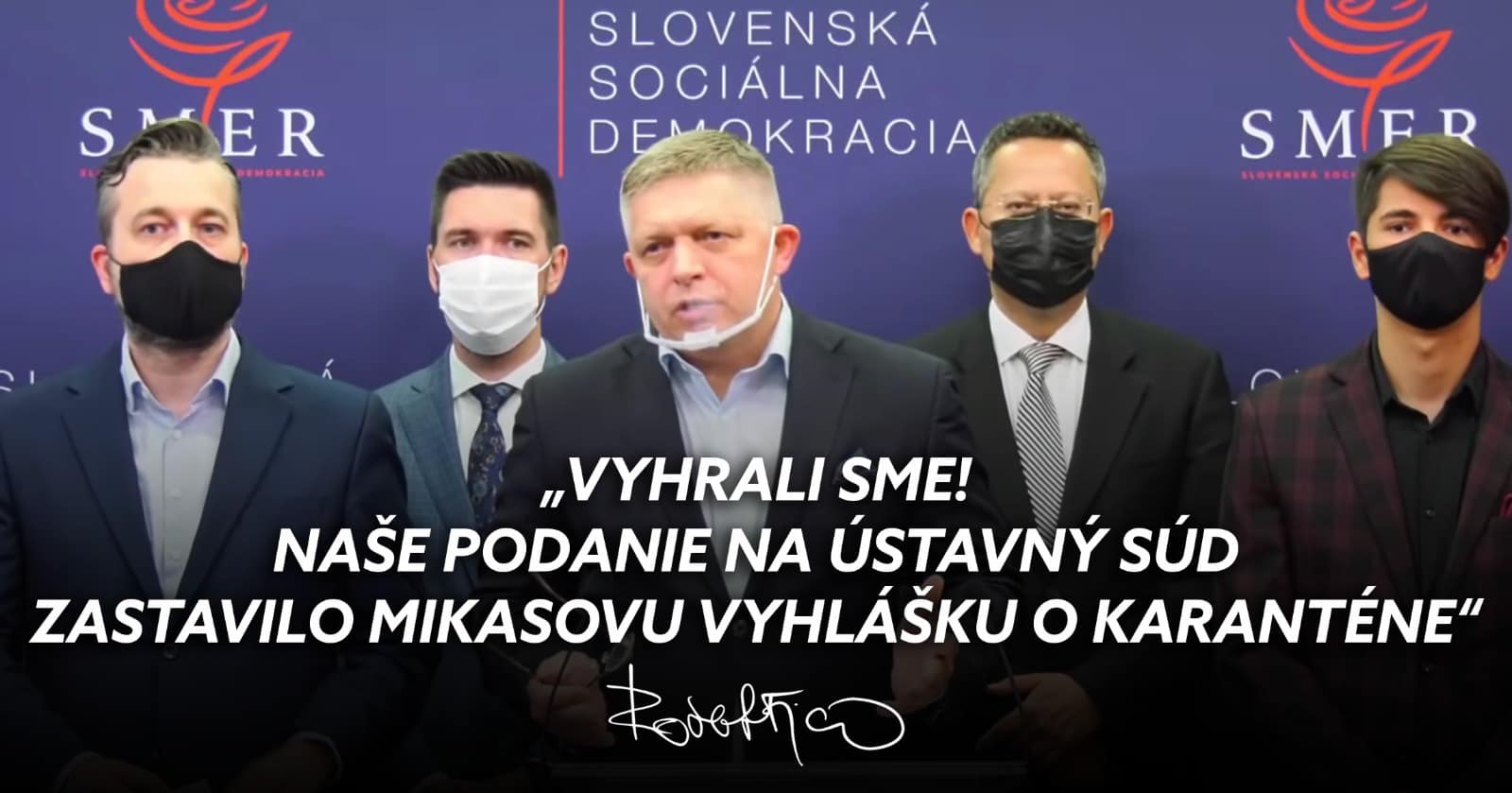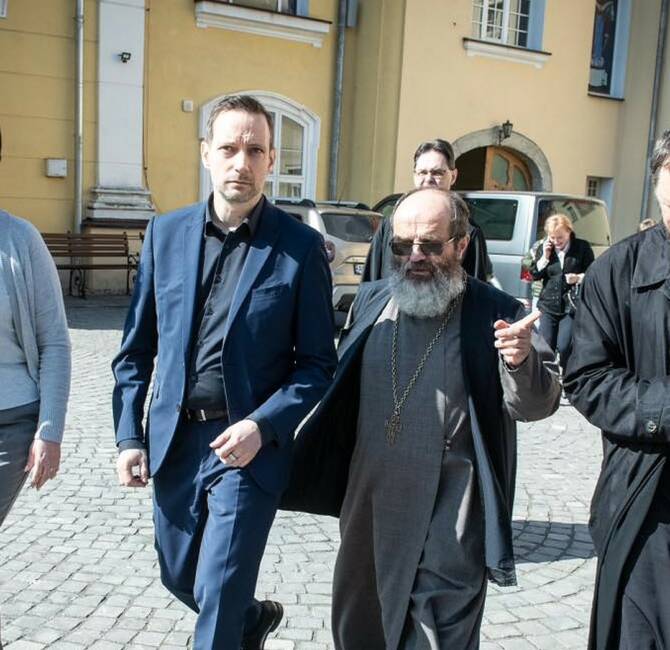Slovakia – Facing the prospect of the spread of the Delta coronavirus variant – 35 cases had been detected in the country as of July 13, compared with 14 as of July 8 – Slovakia, which is one of the European countries that have gone furthest in terms of coercive and liberticidal measures in their fight against Covid-19, took new measures to strengthen its anti-Covid measures, significantly modifying its approach. However, following a complaint filed by former Prime Minister Robert Fico (Smer-SD), who is an outspoken opponent of compulsory vaccination, the Constitutional Court decided on 14 July to suspend the new, tougher measures.

Distinction between the vaccinated and the unvaccinated
Since Friday 9 July, the Slovak health authorities have abandoned the system of restrictions based on the country of origin of travellers entering the country, to focus mainly on whether or not they have been vaccinated.
“As of July 9, 2021, a new [system] begins to apply. It is a response to the spread of the Delta variant of the coronavirus and it brings changes for travellers. […] The [question] will be whether a person coming to Slovakia is vaccinated or not,”
the Slovak Ministry of Health announced.
Online pre-registration and fourteen-day quarantine
Since 9 July, all persons entering Slovakia have been obliged to register online before entering the country and to remain isolated for 14 days, with no possibility of ending the quarantine earlier. The only persons exempt from quarantine are children under 12 years of age, people who have been fully vaccinated (with two jabs) against the SARS-CoV-2 coronavirus, and people who should not be vaccinated for health reasons. These measures are subject to strict controls, as the Slovak health ministry also stated:
“Police forces are ready to check EU digital Covid cards using mobile reading devices. The police will carry out controls at the internal borders with the support of members of the armed forces of the Slovak Republic and, if necessary, also with the support of the financial administration [customs officers, ed.].” A spokesman for the Slovak police also explained that “random but intensive checks are being carried out on the compliance of people entering the territory of the Slovak Republic through its internal and external borders, including at airports.”
Many tourists cancelling their trip to Slovakia
Tourism professionals have been reporting numerous cancellations of bookings by foreign tourists – particularly from Poland and the Czech Republic – in recent days due to the drastic tightening of border health measures. Despite acknowledging the problems for the tourism sector, Slovak Health Minister Vladimír Lengvarský was still standing his ground on Wednesday, shortly before the Constitutional Court’s decision:
“We are experiencing a decline in the number of tourists […] Unfortunately, the situation is not favourable in terms of the spread of the Delta variant of the virus […] The system [we have put in place] is meant to prevent the third wave. We do not intend to change anything about it at this stage.”
Suspension of new measures by the Constitutional Court
As he had said he would, Robert Fico, a former prime minister and current chairman of the social democratic party Smer-SD, referred the discrimination between vaccinated and non-vaccinated people to the Constitutional Court. The latter decided, six days after their entry into force, to temporarily suspend the new measures and order the authorities to revert to the regulations that were in force before 9 July, as the new ones are deemed to constitute a disproportionate interference in the rights of individuals. In practice, the decision of the Constitutional Court will only come into effect in a few days’ time, once it has been published in the Slovak Official Gazette.




